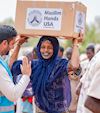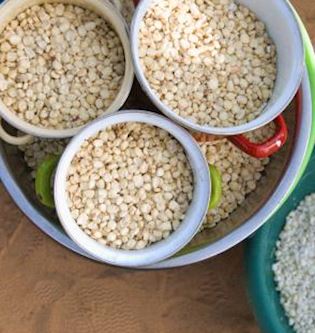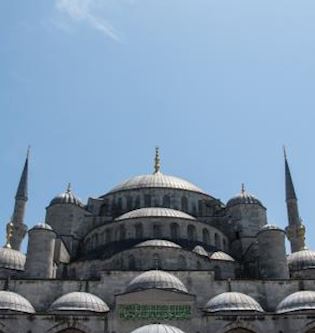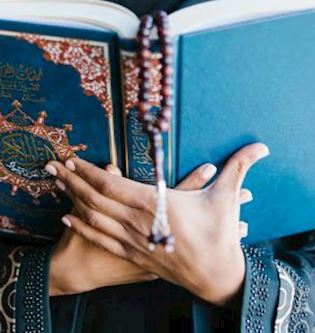Why Caring for Orphans Is a Sacred Duty in Islam
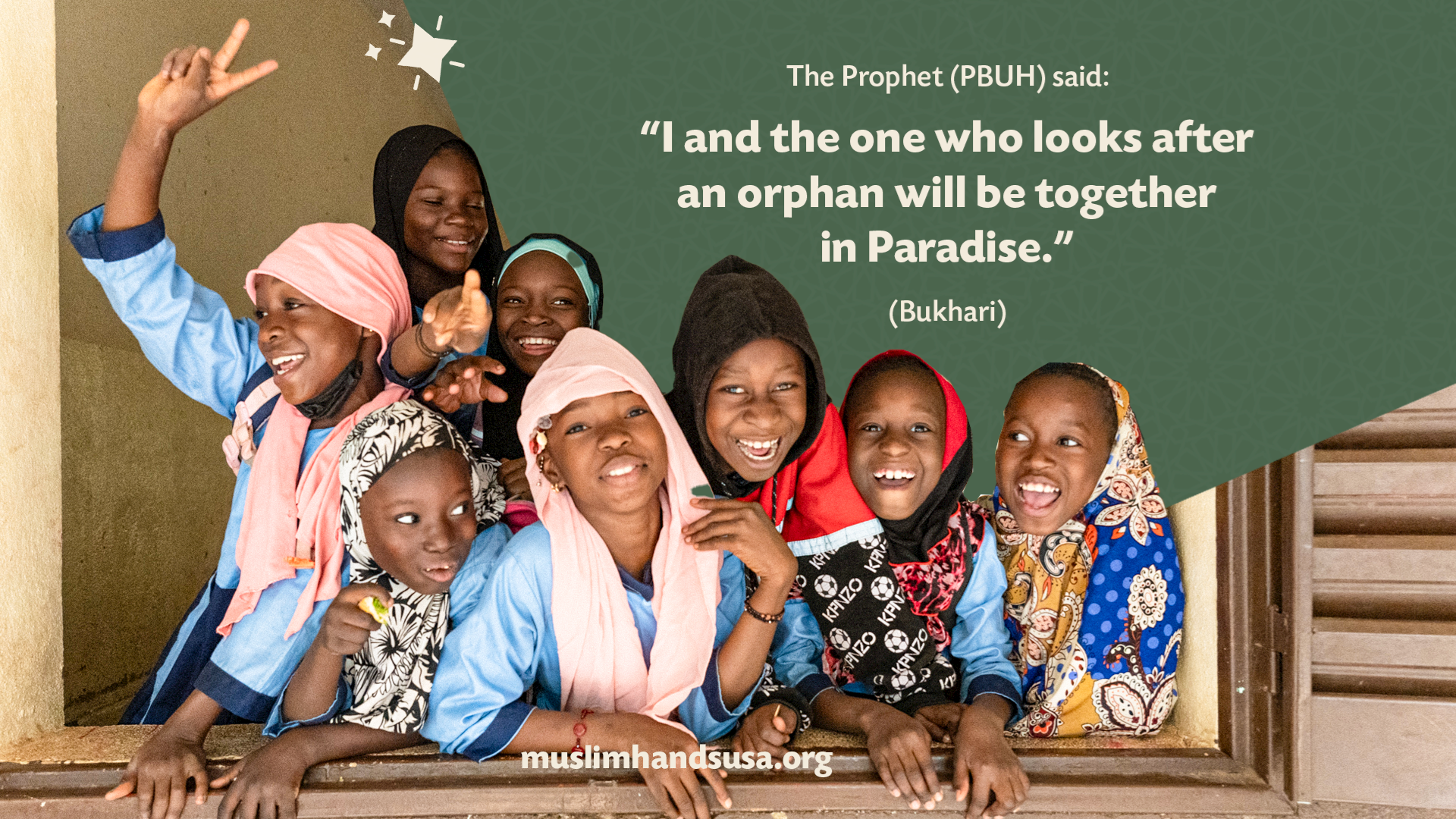
In the Qur’an, orphan care is not a suggestion; it’s a social obligation and a reflection of true faith. From the earliest revelations in Makkah to the legislative verses revealed in Madinah, Allah commands the Muslim community to protect, support, and uplift the orphan.
The orphan, yatīm, is mentioned 23 times across 22 verses in the Qur’an. That’s more than a passing reference. It’s a sign that caring for orphans is central to building a just and God-conscious society.
What Does “Yatīm” Mean in the Qur’an?
The word yatīm comes from the root meaning uniqueness (infirād), like a precious pearl removed from its shell. In Islamic terms, a yatīm is a child who loses their father before reaching maturity. This differs from the modern English use of “orphan,” which often includes the loss of both parents.
Why the Qur’an Mentions Orphans So Often
The Qur’an addresses orphan care in multiple ways, across both early and late revelations. The article breaks down these mentions into six key themes:
- Warnings against oppression, especially stealing or misusing their wealth (2:220, 4:2, 4:10, 6:152)
- Commands for kindness, treating orphans with respect and fairness ( 2:83, 4:36)
- Encouragement to give, feed, and support them ( 2:215, 76:8)
- Instructions on inheritance and spoils, assigning a share of wealth to orphans ( 4:8, 8:41, 59:7)
- Historical references, including stories like the orphaned children in Surah Al-Kahf (18:82)
- Personal reminder to the Prophet ﷺ, reminding him of his own orphanhood (93:6)
The Prophet ﷺ Was an Orphan, Too.
One of the earliest verses revealed during a difficult period in the Prophet’s life was:
“Did He not find you an orphan and shelter you?”
(Surah Ad-Duhaa, 93:6)
This verse reassured the Prophet ﷺ of Allah’s care and mercy, reminding him of his early orphanhood and how Allah provided for him. It’s not just a personal comfort; it’s a public lesson in empathy.
Later in the same surah, Allah commands:
“So do not be harsh with the orphan.”
(93:9)
This combination of personal reminder and public command sets the tone: orphan care is both a personal virtue and duty.
Mistreating Orphans Is a Sign of Spiritual Failure
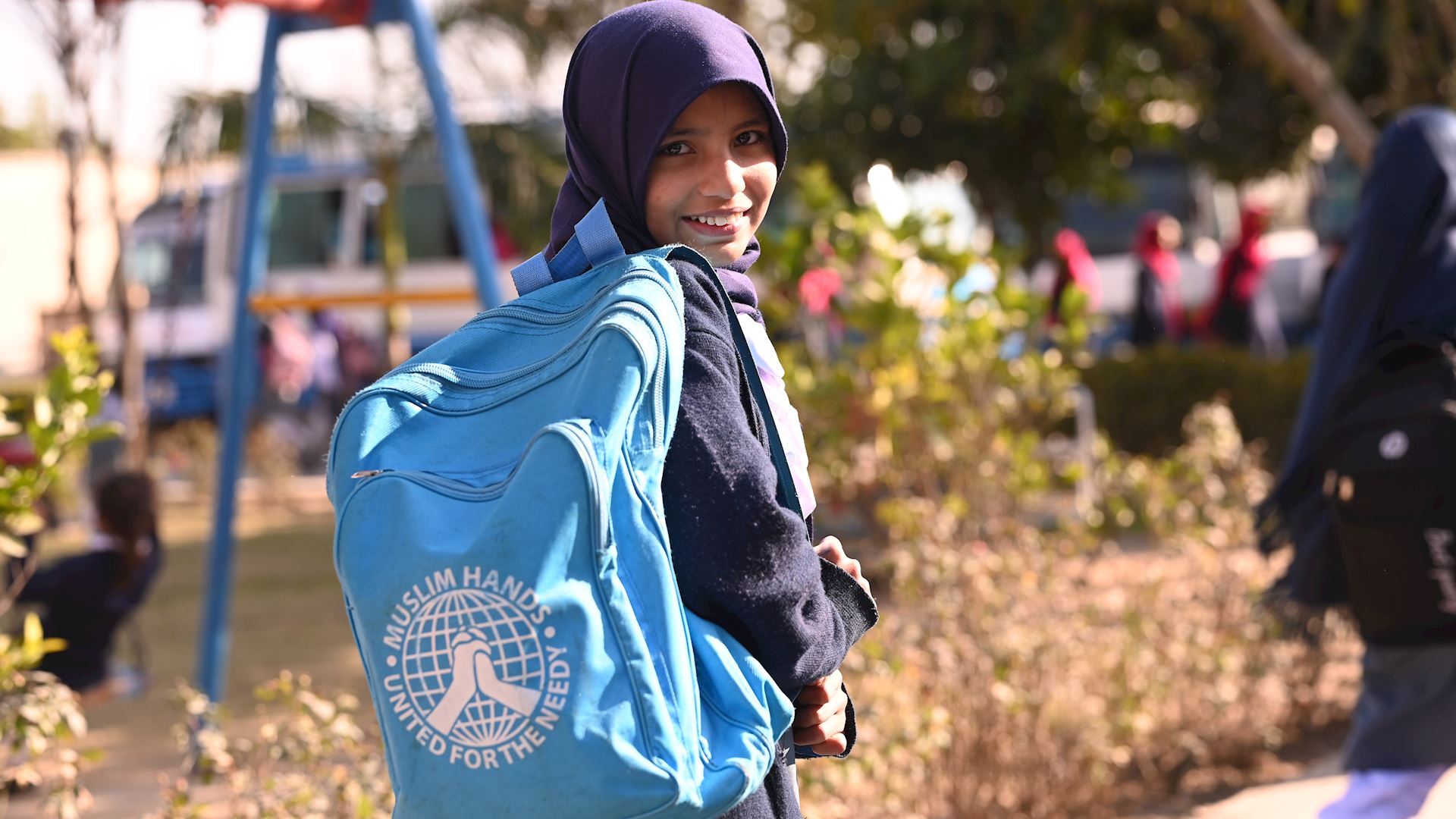
In Surah Al-Maʿūn,
“Have you considered the one who denies the Judgment? It is he who pushes aside the orphan.”
(107:1–2)
These verses were meant to challenge the social injustice of pre-Islamic Arabia, where orphan rights were ignored. Here, denying or mistreating orphans is directly linked to denying accountability on the Day of Judgment.
The Qur’an Protects Orphan Wealth
As the Muslim community grew in Madinah, more verses focused on laws and responsibilities, especially financial. Many men were martyred in battle, leaving behind children.
The Qur’an responded clearly:
“Do not go near the property of orphans, except with the best [intentions], until they reach maturity.”
(Surah Al-Isra, 17:34; also referenced in 6:152 and 4:10)
Another verse states:
“Give orphans their wealth [when they reach sound judgement] and do not exchange your worthless possessions for their valuables.”
(Surah An-Nisa, 4:6)
These verses form part of the Qur’an’s legal code. Misusing orphan property isn’t just wrong; it’s a major sin.
Orphans Deserve a Share of Wealth
The Qur’an goes beyond personal giving. It establishes state and family responsibilities, too. According to the article, orphans are included in distributions of:
- Inheritance (Surah An-Nisa, 4:8)
- Spoils of war (ghanīmah), “One-fifth is for Allah, the Messenger… and orphans.” (Surah Al-Anfal, 8:41)
- Peaceful gains (fay’), (Surah Al-Hashr, 59:7)
This isn’t optional generosity. It’s legislated support. The article also notes that scholars like al-Shāfiʿī and Mālik ibn Anas discussed how these shares should be distributed by the leader of the Muslims based on need.
How Muslim Hands USA Puts the Qur’an Into Action
Since 1993, Muslim Hands has supported orphan children in:
- Mali
- Pakistan
- The Gambia
- Niger, and more
Through our Zakat-eligible sponsorship program, your monthly gift provides:
- Food and clean water
- Schooling and supplies
- Medical care
- Psychosocial support
Every orphan is verified according to Islamic criteria, and all care is delivered through our local teams, never third parties.
👉 Sponsor an orphan in Islam today and uphold a command repeated again and again in the Qur’an.
Orphan Care: A Reflection of Faith
In the Qur’an, orphan care is not a side issue. It’s a theme that connects worship, justice, and mercy. It appears in the earliest Makkan verses and the most detailed Madinan legislation.
And it is always personal.
We are reminded of the Prophet’s ﷺ own orphanhood. We are warned about injustice.
And we are shown that true righteousness includes:
“…giving wealth, in spite of love for it, to relatives, orphans…”
(Surah Al-Baqarah, 2:177)
When you care for an orphan, you’re not just helping a child. You’re following the Qur’an’s call to mercy, justice, and faith in action.






